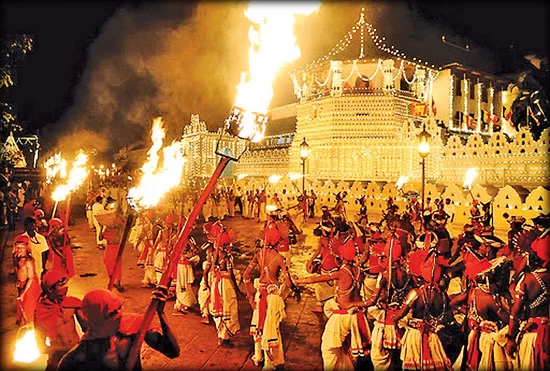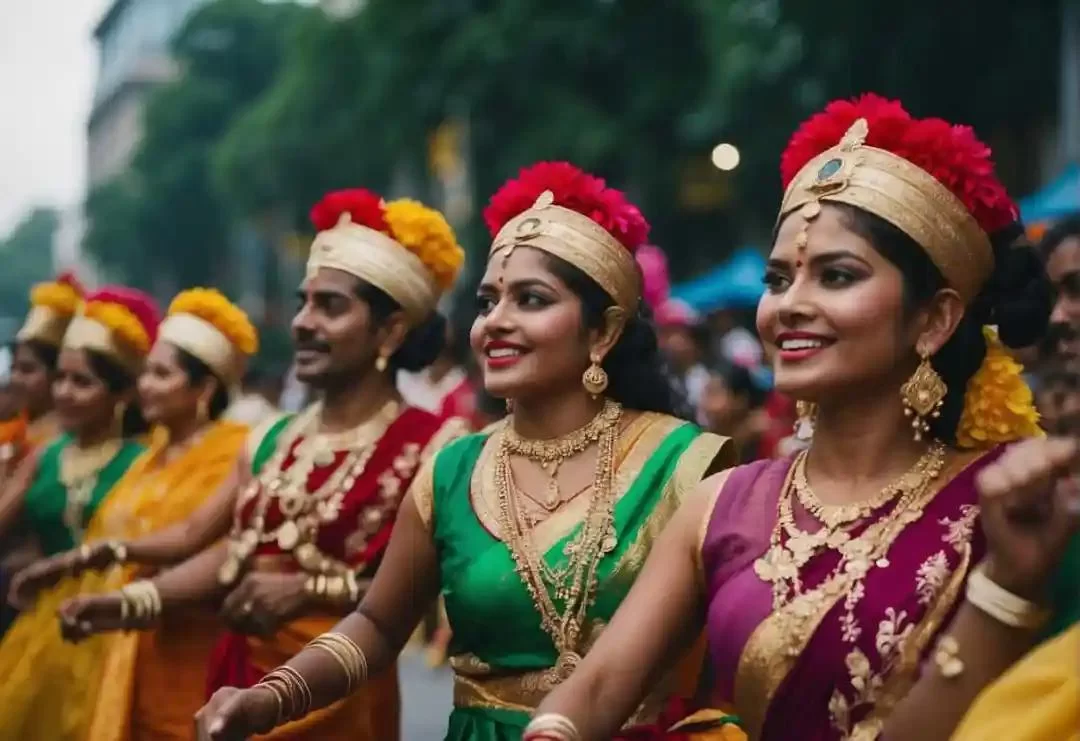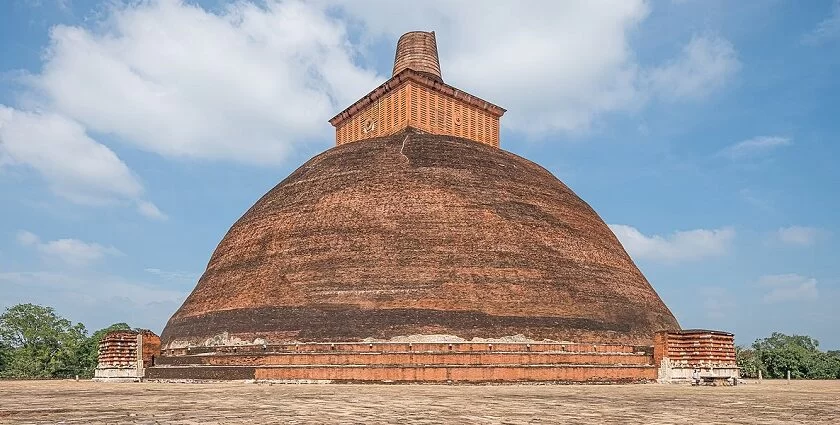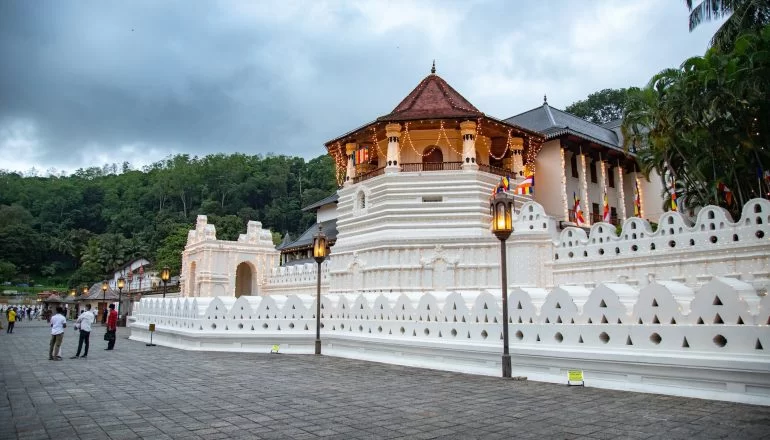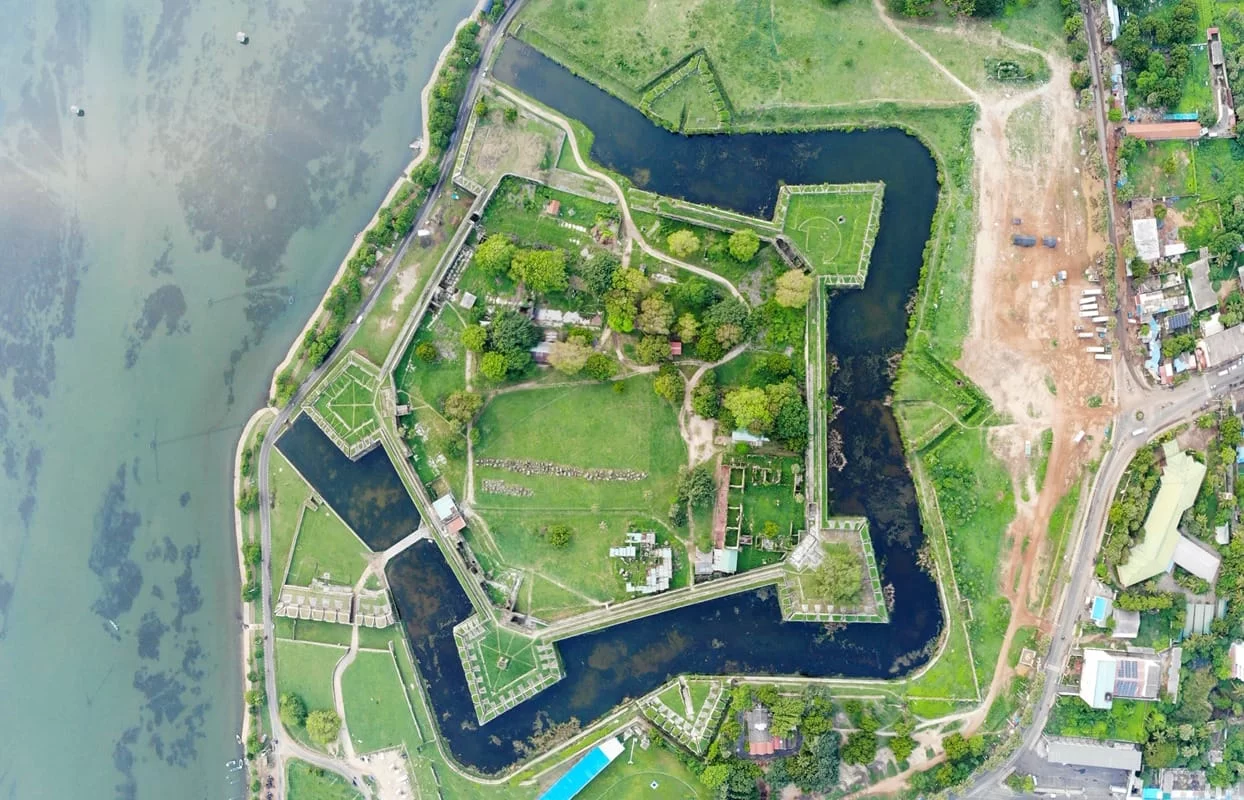Cultural Immersion in Sri Lanka: Exploring Traditions, Heritage, and Local Life
- 1. Why Sri Lanka is Perfect for Cultural Immersion
- 2. Experiencing Sri Lankan Traditions and Rituals
- 3. Exploring Local Markets and Villages
- 4. Sri Lanka’s Religious and Spiritual Cultural Heritage
- 5. Cultural Activities and Experiences for Tourists
1. Why Sri Lanka is Perfect for Cultural Immersion
Sri Lanka is a stunning island nation, rich in history, traditions, and vibrant local cultures. From its ancient temples to its bustling villages, Sri Lanka offers an ideal destination for those seeking cultural immersion. Whether you're wandering through the cobbled streets of Colombo, experiencing rural village life, or learning about centuries-old traditions, Sri Lanka provides countless opportunities to explore its rich cultural heritage.
Its unique blend of South Asian, Buddhist, Hindu, and colonial influences makes Sri Lanka one of the most culturally diverse countries in the world. A visit here goes beyond sightseeing—it allows you to connect with the local people, participate in traditional customs, and witness the way of life that has shaped the island for centuries.
2. Experiencing Sri Lankan Traditions and Rituals
One of the best ways to immerse yourself in Sri Lankan culture is by experiencing its unique traditions and rituals. Sri Lankans hold their customs and festivals in high regard, and tourists are often welcomed to take part in these events. Some of the most immersive cultural experiences include:
- Traditional Tea Ceremony: Sri Lanka is renowned for its tea, and a visit to one of its tea plantations offers an authentic look at the island's tea-making process. Join a traditional tea ceremony, where you can learn the art of brewing and savor some of the finest Ceylon tea.
- Festivals and Religious Celebrations: Sri Lanka's festivals, like the famous Kandy Esala Perahera, are spectacular events filled with vibrant parades, traditional dance, and elaborate rituals. Taking part in or watching these events is a great way to experience Sri Lankan culture at its most colorful.
- Cultural Dances: Sri Lankan dance is a powerful way to understand the island’s cultural heritage. From the graceful Kandyan dances to the rhythmic drumming performances, these dances tell stories of the island’s history and mythology.
3. Exploring Local Markets and Villages
For a truly authentic experience, visiting Sri Lanka’s local markets and rural villages offers insight into the everyday life of its people. In the bustling markets, you can see the island's vibrant produce, textiles, and handmade crafts, all while interacting with the friendly locals. Don’t miss out on:
- Colombo’s Pettah Market: This chaotic, colorful market is a sensory overload of sights, sounds, and smells. It’s a perfect place to explore local street food, spices, and hand-crafted goods.
- Galle Fort: The UNESCO World Heritage site of Galle Fort offers a unique mix of colonial architecture and local markets, making it a great place to discover Sri Lankan art, jewelry, and antiques.
- Village Life in Ella: For a more laid-back experience, head to the village of Ella, known for its stunning landscapes and close-knit community. Participate in local farming activities or visit tea plantations to see how Sri Lankan villagers live and work.
4. Sri Lanka’s Religious and Spiritual Cultural Heritage
Sri Lanka’s rich religious and spiritual heritage is deeply intertwined with its culture. The island is predominantly Buddhist, and its temples and shrines are a must-visit for those looking to learn more about the island’s spiritual practices.
- Temple of the Tooth (Sri Dalada Maligawa): Located in Kandy, this sacred Buddhist temple houses one of the most important relics in Sri Lanka, the tooth of the Buddha. Visitors can witness daily rituals and experience the reverence Sri Lankans hold for this religious site.
- Ancient Buddhist Sites in Anuradhapura: As one of the oldest cities in Sri Lanka, Anuradhapura is home to ancient Buddhist stupas and temples. Exploring the sacred grounds provides a deep dive into Sri Lanka’s Buddhist history.
- Hindu Temples in Jaffna: In the northern part of the island, the Tamil community practices Hinduism, and Jaffna is home to some of the most vibrant and colorful Hindu temples, where visitors can witness traditional rituals and festivals.
5. Cultural Activities and Experiences for Tourists
Sri Lanka offers tourists a wealth of cultural activities that go beyond typical sightseeing. Engage with the local community, take part in cooking classes, or learn the island’s ancient arts and crafts:
- Cooking Classes: Sri Lankan cuisine is rich in flavor, with a mix of spices and fresh ingredients. Join a cooking class where you can learn to prepare traditional dishes like rice and curry, hoppers, or Sri Lankan roti.
- Art and Craft Workshops: Sri Lanka is known for its beautiful handcrafted goods, including wood carvings, batik, and jewelry. Attend a local workshop and learn about these traditional crafts from artisans.
- Wildlife and Nature Tours: Sri Lanka’s rich biodiversity also offers a unique cultural experience. Explore the island’s national parks and nature reserves, where you can see elephants, leopards, and exotic birds while learning about local conservation efforts.
Ready to immerse yourself in the vibrant culture of Sri Lanka? Explore unforgettable cultural experiences with expert-guided tours and authentic encounters with local traditions through Tamil Travel Lanka.

